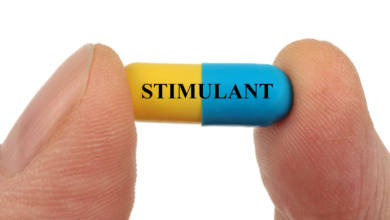Senokot: Gentle Relief for Occasional Constipation
Senokot: Gentle Relief for Occasional Constipation

Brief information about it:
Senokot is a prescription medication used to treat constipation. It contains a combination of senna and cascara sagrada, which are both stimulant laxatives.
Uses:
· Constipation relief: Senokot is primarily used to treat constipation.
· Preparation for colonoscopy: It can be used to prepare the colon for a colonoscopy procedure.
Mechanism of action:
Senokot works by stimulating the muscles of the intestines, which helps to promote bowel movements.
Elimination half life:
The elimination half-life of Senokot can vary depending on individual factors. It is generally excreted from the body within 24 hours.
Route of Administration:
Senokot is typically taken orally as tablets or liquid.
Side effects:
· Cramping and diarrhea: Senokot can cause cramping and diarrhea.
· Electrolyte imbalances: In rare cases, Senokot can lead to electrolyte imbalances.
· Allergic reactions: Some people may experience allergic reactions to Senokot.
Dose:
The recommended dosage of Senokot can vary depending on individual factors and the severity of constipation. It is important to follow the instructions provided by your healthcare provider.
Precautions:
· Consult a doctor: Before taking Senokot, consult with a healthcare professional to ensure it is safe for you.
· Avoid dehydration: Drink plenty of fluids while taking Senokot to prevent dehydration.
· Monitor electrolyte levels: If you have underlying health conditions or are taking other medications, your doctor may monitor your electrolyte levels.
· Pregnancy and breastfeeding: If you are pregnant or breastfeeding, consult with your doctor before taking Senokot.





